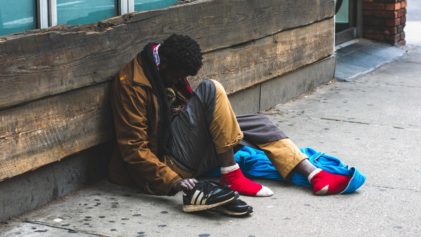LAGOS, Nigeria — The young man with the crowbar stood on a heap of rubble — planks, pallets, remains of pots, bits of cardboard, wisps of clothing, chunks of concrete — indistinguishable from every other pile in a field of debris stretching far into the distance.
“This is the home I am staying in before Fashola demolished it,” said John Momoh, 28, looking down at the pile, referring to the governor of Lagos, Babatunde Fashola. Momoh, a driver, searched doggedly for anything salvageable — a nail, a board — in the mess.
Government backhoes came in and plowed through Momoh’s simple wooden dwelling and some 500 like it last Saturday, instantly making homeless perhaps 10,000 of Lagos’ poorest residents and destroying a decades-old slum, Badia East. For days, residents wandered the chaotic rubble-strewn field, near prime Lagos real estate.
They were dazed and angry. Small children slept on the muddy ground. Men climbed the mounds of rubble, searching. In intense heat, women, men and children said they were hungry and sleeping outside. The government had destroyed their present, they said, without making any provision for their future.
“I lost everything,” Momoh said. “We are trying to bring out some sticks, to look for our daily bread,” he said, poking the rubble. “We don’t have money to eat.”
A 30-year-old cook, Kingsley Saviouru, said: “They demolished everything. They didn’t give us anything. We are here, suffering.”
Under Lagos’ energetic governor, much lauded in the international financial media, this crowded megalopolis of high rises, filthy lagoons, fierce traffic jams and sprawling slums, home to perhaps 21 million people, has proclaimed its ambition to become the region’s, if not Africa’s, premier business center.
Read the rest of this story on the nytimes.com

